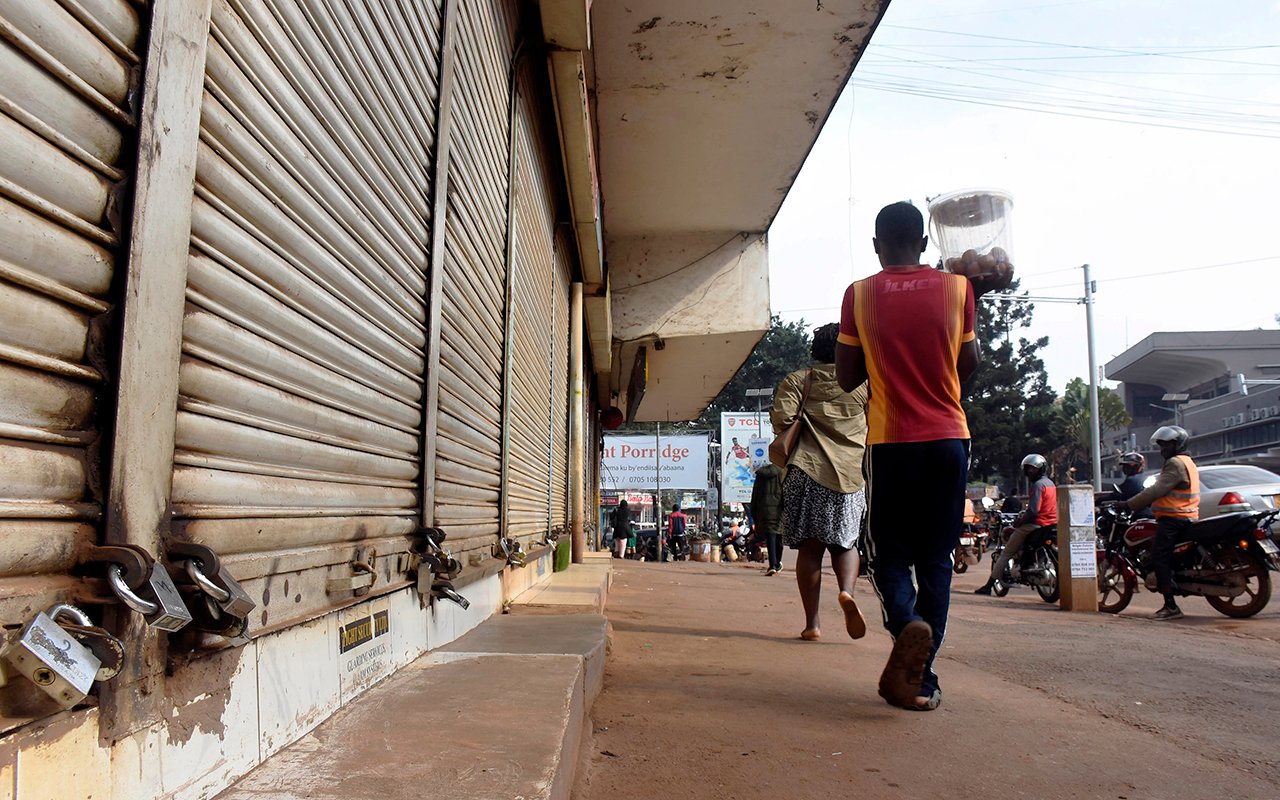
Author: Asuman Bisiika. PHOTO/FILE
The headline on the cover of Daily Monitor on Wednesday read: ‘Striking nation’. Ugandans seem to have reached a consensus that there is something the government is not doing right.
After he defeated (all) armed rebellions and previous electoral contentations from the 1990s, President Museveni is now facing a new challenge: popular protests.
In spite of their characterisation as the handiwork of the civil society and mass national consciousness, these strikes should be treated as part of the consistent Ugandan spirit of political engagement with the state. That’s why some National Resitance Movement (NRM) cadres are associating these strikes with insurrection.
And the NRM cadres are right: These things of demonstrations (for this or that cause) have happened elsewhere and led to eventual political reforms or regime changes. So, the government needs to engage the masses.
How far back can we link these strikes as part of the Ugandan way of seeking a national consensus? Without appearing academic, the first documented consensus was the agreements the colonial administration signed with the kingdoms (starting with the 1900 Buganda Agreement).
The second national consensus was the effort that led to the independence of Uganda from British colonialism.
The third consensus was what I will refer to as the Luweero Triangle Consensus (under which Uganda still subsists). Please note that I classify the 1995 Constitution as a component of the Luweero Triangle Consensus.
I harbour a very strong feeling that Ugandans now need a new consensus. It could be in form writing a new constitution, wide reforms in the political management of the state, review of the public service or and re-structuring the economy.
By nature, the State is a social construct. The restructuring of the economy should reflect that core element of the state. Or Mr Museveni could just say he will not stand for office in the next presidential elections.
In 1990, Mr Museveni sought the extension of his self-declared tenure (of four years) at the presidency. The most compelling justification for this extension was that he wanted to write a new constitution.
With the goodwill of Ugandans, anyone challenging Mr Museveni on this matter looked out of place. The extension in the bag, President Museveni delivered the Constitution on October 8, 1995 that was passed by the Constituent Assembly.
The significance of the Constituent Assembly is that it enjoyed near unanimous characterisation as the only clean poll under the Mr Museveni.
The 1995 Constitution, in spite of Mr Museveni’s influence on the process of making it, was fairly representative of a minimum national consensus achieved under a national dialogue platform.
And boy, oh boy, the idealism that was packed (and parked) in the Constitution characterised the country’s ‘Oh Uganda…!’ moment. Even the phrase ‘We the People…’ became such an emotional line evoking passionate parallels with the sanctity of the American Constitution. The said constitution is now in tatters.
Ugandans are now more concerned with how services are delivered than what the Constitution says about who or what. But given what has happened to the Constitution since 1995, Ugandans may need another national consensus.
Question now is: how would Ugandans go over this need for a new national consensus (writing a new constitution)? However, since the political Opposition has limited itself to winning seats in Parliament, who would or should lead the process?
Mr Bisiika is the executive editor of the East African Flagpost. [email protected]




